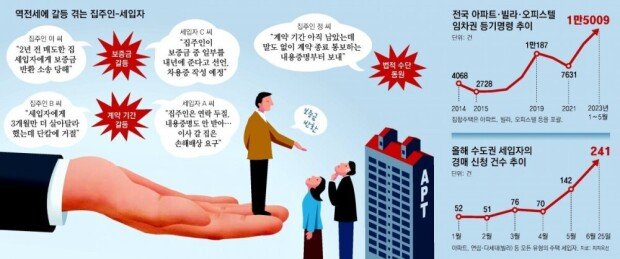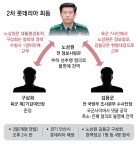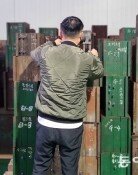Tenants send certified letters to notify lease termination
Tenants send certified letters to notify lease termination
Posted June. 27, 2023 08:11,
Updated June. 27, 2023 08:11

Mr. Jeong, a property owner in Cheonho-dong, Gangdong-gu, Seoul, was recently taken aback when he received a certified letter from his tenant, a formal notice of lease termination, three months ahead of the expiry date. Despite the lease agreement not expiring until October, the tenant sent the certified letter without prior communication. "The unsolicited letter was unsettling. Even if I don't secure a new tenant, I have sufficient funds to return the deposit," Mr. Jung declared. "I intend to return the deposit at 11:59 p.m. on the day the contract ends."
In the midst of the persistent challenges with vacant and reversed Jeonse issues, where the market lease price is declined compared to the time of the contract, Korea’s real estate market is witnessing a surge in disputes, fueled by increasing distrust and tension between landlords and tenants. Tenants are resorting to certified mail to convey their intentions to terminate leases, and it's becoming increasingly common for landlords to pledge to return only a fraction of the deposit, corresponding to the depreciation in the lease price.
Data from the registry platform of the Supreme Court of Korea reveals that between January and May this year, leasehold registration orders for collective buildings such as apartments and villas escalated to 15,009 cases, surpassing the total for the previous year of 12,038. Leasehold registration is a legal move by tenants who haven't received their deposit refund to secure priority repayment rights even after vacating the premises. While previously many were hesitant to register a leasehold, fearing dispute records on the registry, there has been a sharp uptick in such legal actions by tenants of late.
In anticipation of an intensification of reversed lease price trend occurring in the latter half of this year, the government is reportedly considering temporarily easing regulations on loans designed to refund the Jeonse deposit to homeowners.
According to government sources on Monday, the Ministry of Economy and Finance is expected to incorporate a Debt Service Ratio (DSR) easing strategy for Jeonse deposit loans in their 'Second Half Economic Policy Direction,' slated for release next week. Once policy outlines are released, regulatory bodies, including the Financial Services Commission, are expected to detail their respective measures.
Mr. Jeong, a property owner in Cheonho-dong, Gangdong-gu, Seoul, was recently taken aback when he received a certified letter from his tenant, a formal notice of lease termination, three months ahead of the expiry date. Despite the lease agreement not expiring until October, the tenant sent the certified letter without prior communication. "The unsolicited letter was unsettling. Even if I don't secure a new tenant, I have sufficient funds to return the deposit," Mr. Jung declared. "I intend to return the deposit at 11:59 p.m. on the day the contract ends."
In the midst of the persistent challenges with vacant and reversed Jeonse issues, where the market lease price is declined compared to the time of the contract, Korea’s real estate market is witnessing a surge in disputes, fueled by increasing distrust and tension between landlords and tenants. Tenants are resorting to certified mail to convey their intentions to terminate leases, and it's becoming increasingly common for landlords to pledge to return only a fraction of the deposit, corresponding to the depreciation in the lease price.
Data from the registry platform of the Supreme Court of Korea reveals that between January and May this year, leasehold registration orders for collective buildings such as apartments and villas escalated to 15,009 cases, surpassing the total for the previous year of 12,038. Leasehold registration is a legal move by tenants who haven't received their deposit refund to secure priority repayment rights even after vacating the premises. While previously many were hesitant to register a leasehold, fearing dispute records on the registry, there has been a sharp uptick in such legal actions by tenants of late.
In anticipation of an intensification of reversed lease price trend occurring in the latter half of this year, the government is reportedly considering temporarily easing regulations on loans designed to refund the Jeonse deposit to homeowners.
According to government sources on Monday, the Ministry of Economy and Finance is expected to incorporate a Debt Service Ratio (DSR) easing strategy for Jeonse deposit loans in their 'Second Half Economic Policy Direction,' slated for release next week. Once policy outlines are released, regulatory bodies, including the Financial Services Commission, are expected to detail their respective measures.
bless@donga.com · herstory@donga.com
Headline News
- Pres. Yoon refuses impeachment documents for a week
- Debate over Lee’s participation causes friction in government consultative body
- Food and dining prices could increase en masse next year
- Foreign couple borrowed over $2 million to buy a Seoul house
- One-third of Japanese companies keep workers employed until 70







